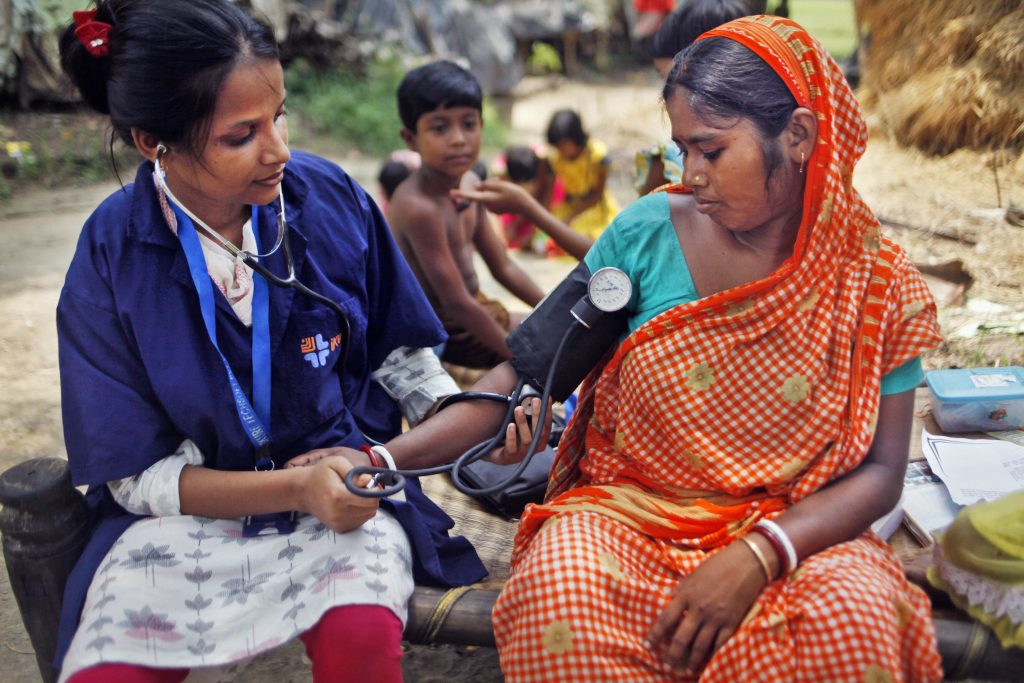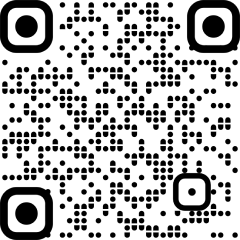
New Delhi: The digital empowerment and upskilling of ASHAs, who are India’s frontline health workers, can be pivotal in transforming the country’s rural healthcare, according to an expert.
Recruited under the National Health Mission launched in 2013, the Accredited Social Health Activists (ASHAs) create awareness in the community by educating and promoting healthy practices, and helping people access services.
Elsevier, a Dutch publisher and disseminator of scientific, technical and medical information, including over 2,900 journals such as ‘The Lancet’, collaborated with the Union government in 2022 on a digital health pilot project titled ‘Digital Innovations & Interventions for Sustainable HealthTech Action’, or ‘DIISHA’.
Shanker Kaul, managing director, Health Solutions-India, Elsevier, said, “If we are able to digitally empower ASHA workers, upskill, recognise and reward them, then a large part of task-shifting can happen where ultimately, that primary-level screening does not have to be a burden on the medical officers. This could help transform rural health in India.”
DIISHA is aimed at employing artificial intelligence-based tools, developed by Elsevier, for empowering ASHAs.
One such tool is the ‘ClinicalPath Primary Care India’, a support tool for clinical decision-making, which aims to “bridge the urban-rural healthcare divide” and bring “expert-level screening and assessment capabilities to the most remote corners of the country”.
A feasibility study, sponsored by the NITI Aayog, evaluated the tool’s “usefulness, usability and adherence to standard treatment guidelines” in the Bahraich district of Uttar Pradesh. The AI-based support “acted as a fantastic job aide” by demonstrating the ability to convert local guidelines “with complete fidelity”, the 2021 report found.
The tool could also generate high-quality clinical data sets over time, which could help improve district-level data on care delivery, referrals and outcomes, it said.
“A pilot of that complexity, which straddles human, plant and animal health, is needed to test the capacity and the preparedness of the state agencies on the ground.
I think the design of DIISHA, which is only in the area of human health, allows just that,” Kaul said, adding that the design is currently being reviewed by the National One Health Mission. Launched in July 2024 under the Office of the Principal Scientific Adviser, the mission deals with pandemic preparedness.
Eventually, ClinicalPath Primary Care provides a means to democratise healthcare, Kaul, who has consistently led innovations-driven healthcare businesses, said.
“The pilot, which demonstrated results in one district of one state, would now need to be scaled up, expanded within and across states so that the government will be able to see the effectiveness of digital tools as a way to democratise healthcare,” the managing director said.
Elsevier is also one of the organisations that has signed up to the government’s ‘One Nation One Subscription’ (ONOS) scheme set to be effective January 1, 2025. In the first phase, over 6,300 higher education and research institutes will be provided access to more than 13,400 international journals covering the sciences, management and humanities, among others.
“I would describe the scheme as ‘opportunity, opportunity and opportunity’, because it helps democratise research,” Kaul said, adding it would help scale up high-quality research. “There is a lot of research happening in the country, but now it’s a question of whether that quantity of research can also be elevated to high-impact research. I think in that aspect, this is a huge step forward,” Kaul said.
However, he added that the ONOS scheme is an “enabler” in providing information to the researchers and that a continued investment in the R&D sector would help to sustain support of this nature.
“The whole research ecosystem, requires significant investments in developing that cadre of pool of researchers, providing them with the resources and opportunities to conduct a particular research. So, the scheme is one of the pillars in a multifaceted research ecosystem that the government is building, Kaul said. Another clinical decision support tool developed by Elsevier is ‘ClinicalKey AI’, a search tool that can be interacted with in a conversational manner. It was initially released in November 2023.
Hema Jagota, Country Director, Clinical Solutions-Elsevier, said, “ClinicalKey AI is basically a conversational, evidence-based search interface that enables the clinician to retrieve the latest information based on the query that they have entered.” The technological solution also imbibes ‘responsible AI’ principles, including being developed on “trusted, peer-reviewed, published, citeable content”, Jagota said, explaining how the tool is “not a chatbot”.






